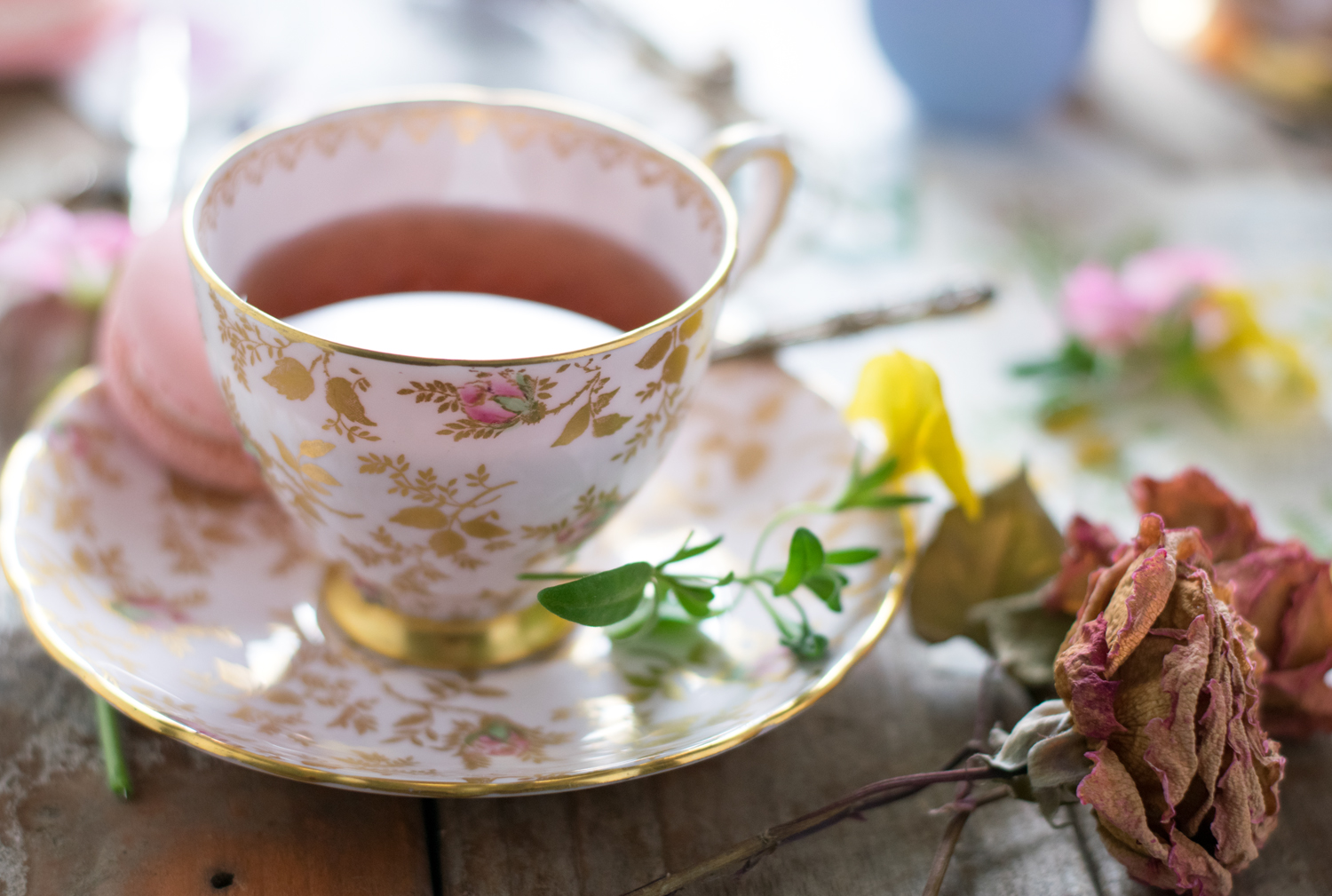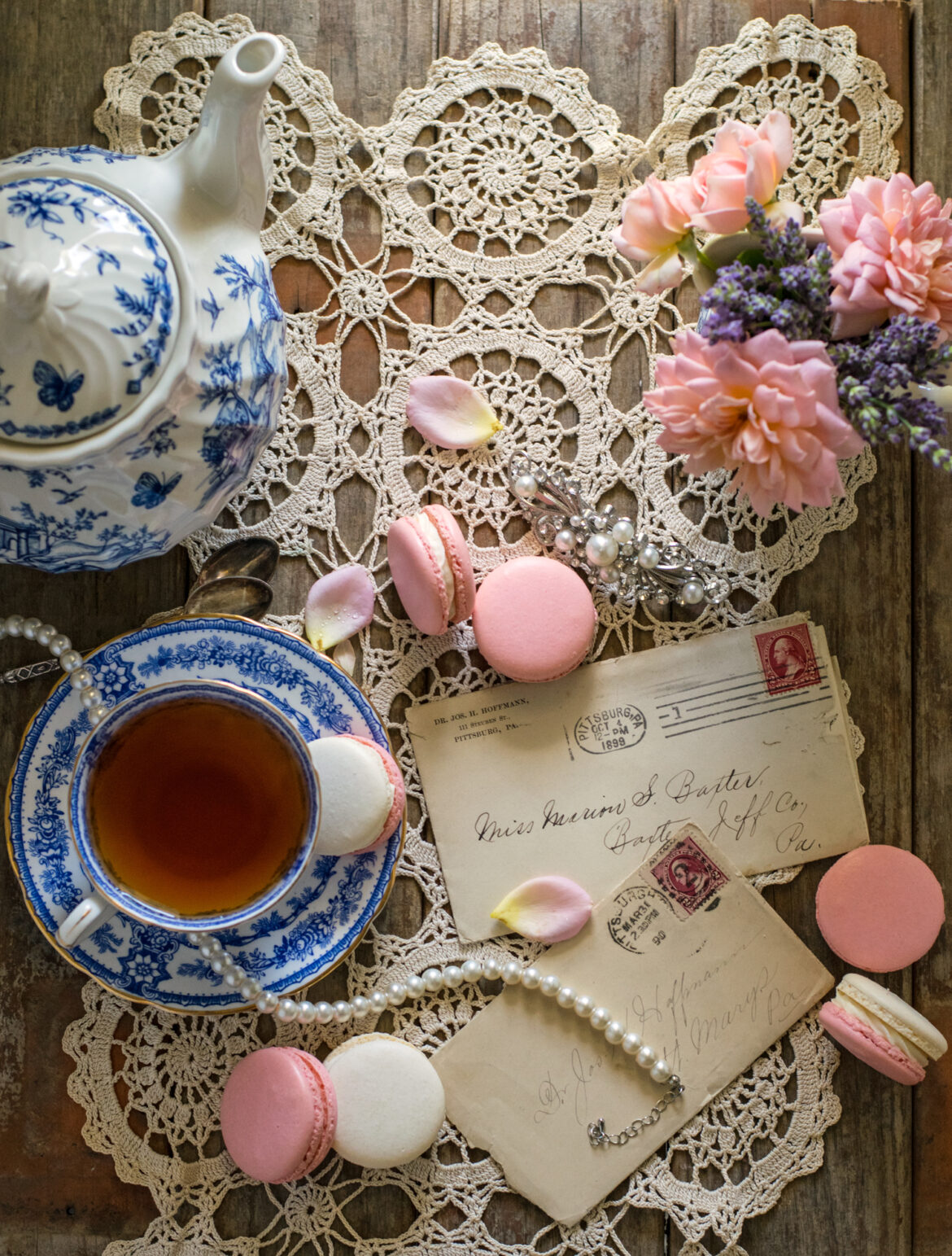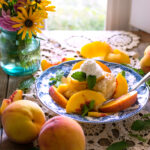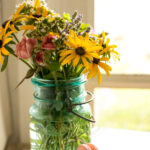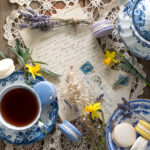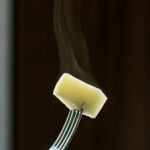Pennsylvania Manners
Mr. Bingley: It’s a fair prospect.
Mr. Darcey: Pretty enough, I grant you.
Mr. Bingley: Oh, it’s nothing to Pemberley, I know, but I must settle somewhere. Have I your approval?
Mr. Darcy: You’ll find the society something savage.
Mr. Bingley: Country manners? I think they’re charming.
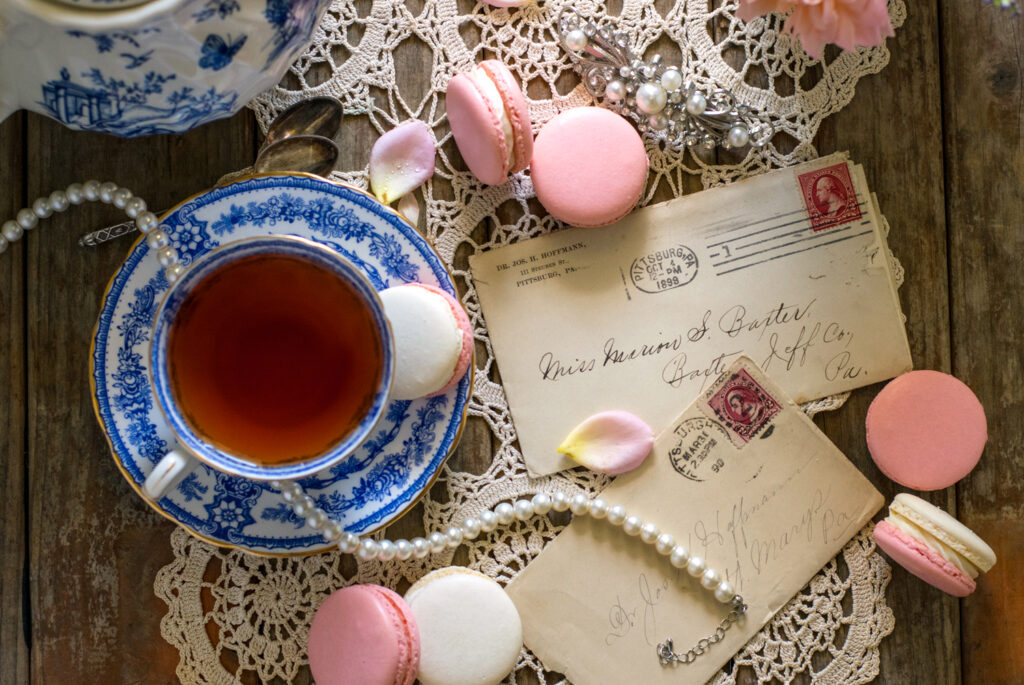
There is a secret language that only those who grew up in Pennsylvania can speak. This language is learned over a lifetime, and often, paradoxically, is spoken by saying nothing at all. There is a quiet dignity about it– the quintessential “stiff upper lip” that gets to work with one’s hands when one’s heart is sad. There is a love so deep, so strong there– it draws the person back, as if your very blood and bone were made of it. It draws you to the graveside of someone you care about, standing side by side with your fellow mourners. No one hugs. No one speaks, really. All stand with quiet respect. All stand in solidarity, their love shown by what they do, rather than by what they say.
It is a language of the body and blood and bone. It is deeper than words could ever be.
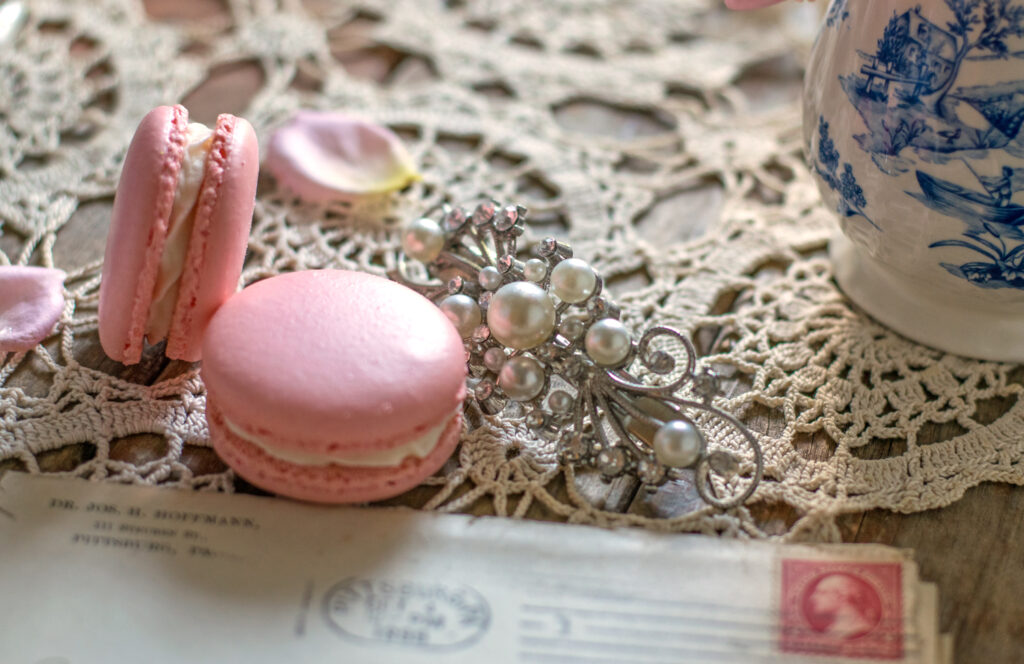
It is a language rooted in hard work. From a very young age the children learn it. You learn that to love someone is to chip in and help with anything that needs to be done. My grandma would say that “Many hands make light work.” It was common in my home growing up to come into the house, see someone folding clothes, snapping beans, shelling peas, husking corn . . . and just pull up a chair and wordlessly start helping. No one asked, and no one needed to. To love someone was to help her with her jobs. To love someone was to give up a Saturday to help raise a barn– a task too gargantuan for a single man to do alone. Loving someone meant making hummingbird cake and cherry pie and strawberry jam and potato rolls, made with the water left over from boiling the potatoes, to bring along so that the lady of the house didn’t have to make enough food to feed the small army coming to help. Love was sharing what you had to help someone else’s work go faster– knowing that when you needed them, those same people would quietly show up to help you.
You borrowed your neighbor’s ladder– there was no need to buy one tall enough to reach your gutters. Maybe he would pitch in and help hold the ladder for you when he brought it over. When your neighbor returned your casserole dish that she borrowed, maybe there would be a dozen farm fresh eggs inside as a thank you, or perhaps a pint of black raspberry jam. People shared freely and helped generously. It was a way of life. Helpfulness was the language that everyone spoke, ironically without really speaking a word.
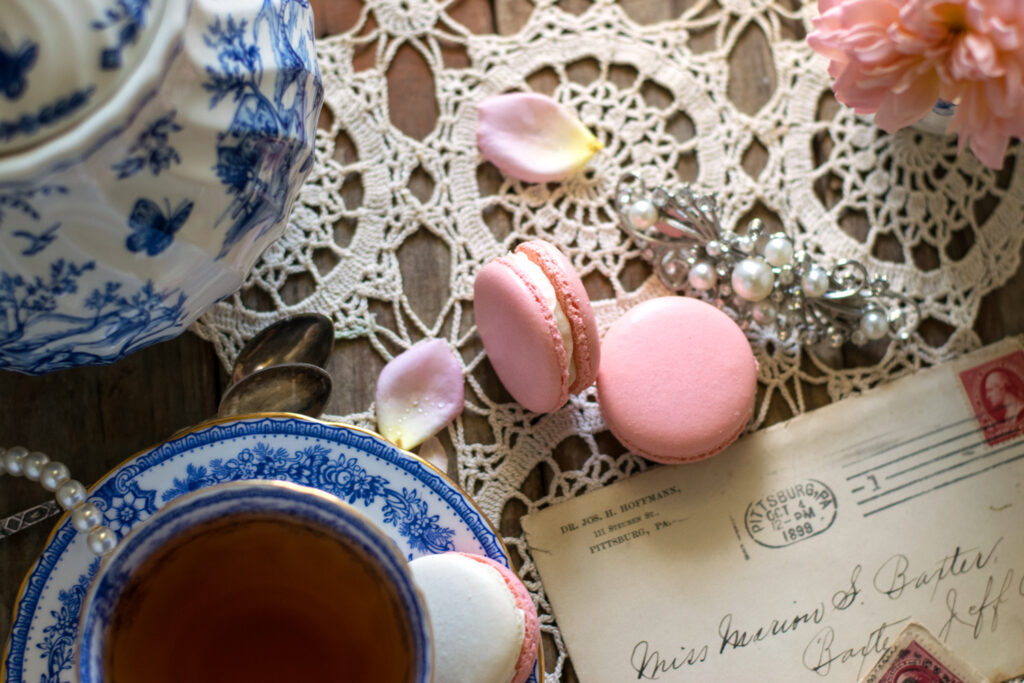
Pennsylvania manners were not confrontational, for the most part. Matters were settled by quiet talks and a handshake. A man’s word was as good as a contract. I remember once being plagued by a copycat who constantly took my best ideas and claimed them as her own. As I was complaining to my mother about it, she quietly stirred a batch of jelly on the stove. “A copycat is at best a step behind,” she said. “Work hard and let the results speak for themselves.”
It was not so much that people let you “walk all over them.” People would ask you about things if something bothered them. But there wasn’t a huge confrontation about most things– for the most part, people gave you the quiet, courteous benefit of the doubt. Most times, people just assumed that if someone came into town in a huge rage and messed up your property or said something rude, that the person was unhappy or having a bad day and should be pitied, not fussed at.
Most of the time I found that the big, sad eyes of disappointment said it all, and no words needed to be shared to get their point across. Their eyes said “The way you have acted is disgraceful. A person should never let their anger get the better of them this way.” The lesson was spoken by saying nothing at all. The quiet disappointment on the face of a parent or grandparent, their faces creased from the sun and years of working hard, was worse than any verbal reproach that I could have dreamed up. Likewise, the sparkle of pride in their eyes when you did something well was a more satisfying accolade than any speech. The language was so quiet that you had to hear it in your bones.
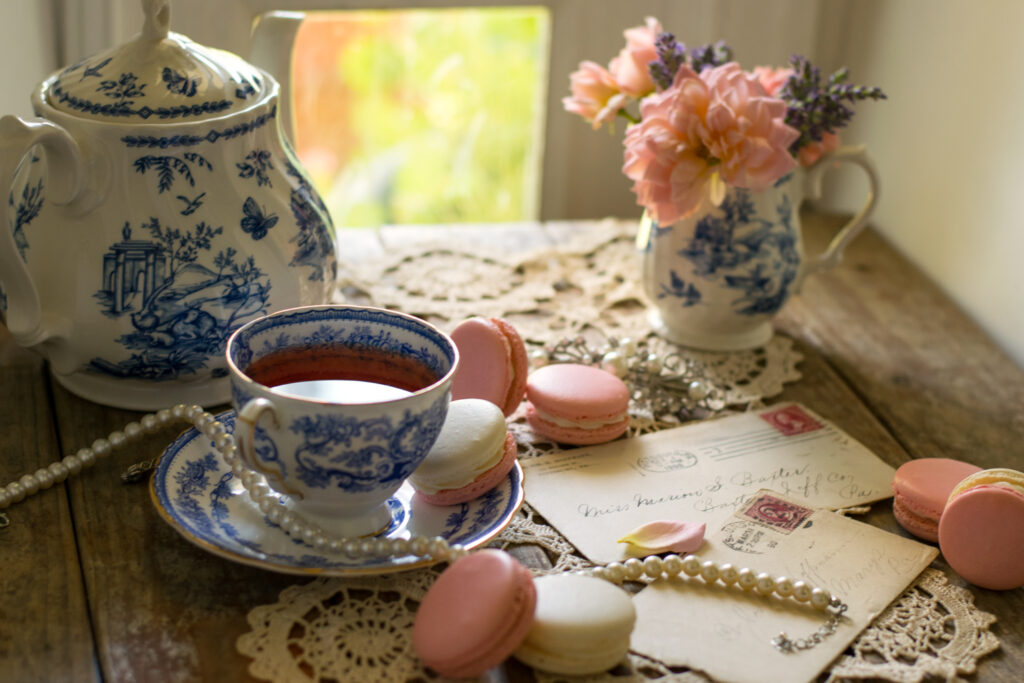
Teaching skills was a reward. My grandmother would not teach a child who was belligerent and bratty. Often, if we misbehaved, she would set her mouth in a firm line and just totally walk away from us until our attitudes improved. Her teaching was a reward for good behavior– and it was available only for a child willing to learn. It took her many years to show me how to make pie crust– she waited until she deemed that I was “serious” about it. I remember her hands, at once soft and strong, rubbing together the flour and shortening crumbs– almost without even touching the dough– to make the most tender crust. I remember an ice cube floating in the old aluminum measuring cup, frosting the sides and dripping down into a little puddle underneath as she dipped a few tablespoons from it to add to the flour. I remember her fingers braiding the edging– so perfect and beautiful– and creating the delicate lattice for the top. I overworked so many pie crusts under her critical eye and despaired of ever getting it right. But little by little her hands showed me. And one day, I finally got it.
We learned many skills– cultivating a garden, picking, processing, preserving every kind of fruit and vegetable you can imagine. We learned that early spring meant lettuce and onions and broccoli and peas. We savored these cold vegetables quickly, because when the summer started to get hot they would bolt and die. Next came blueberries– buckets and buckets of them. Then strawberries. We picked many flats of strawberries and brought them home in the car with the windows down, the scent so sweet that it filled the car like the breath of heaven. We would come home and make strawberry jam and strawberry pie and strawberry shortcake for supper, its golden brown crust so crisp that it almost crackled when you pierced it with a fork. It was avalanched with berries still warm from the sun, their taste like a burst of sunshine. I think I ate that entire first bowl of summer shortcake with my eyes closed, in utter bliss.
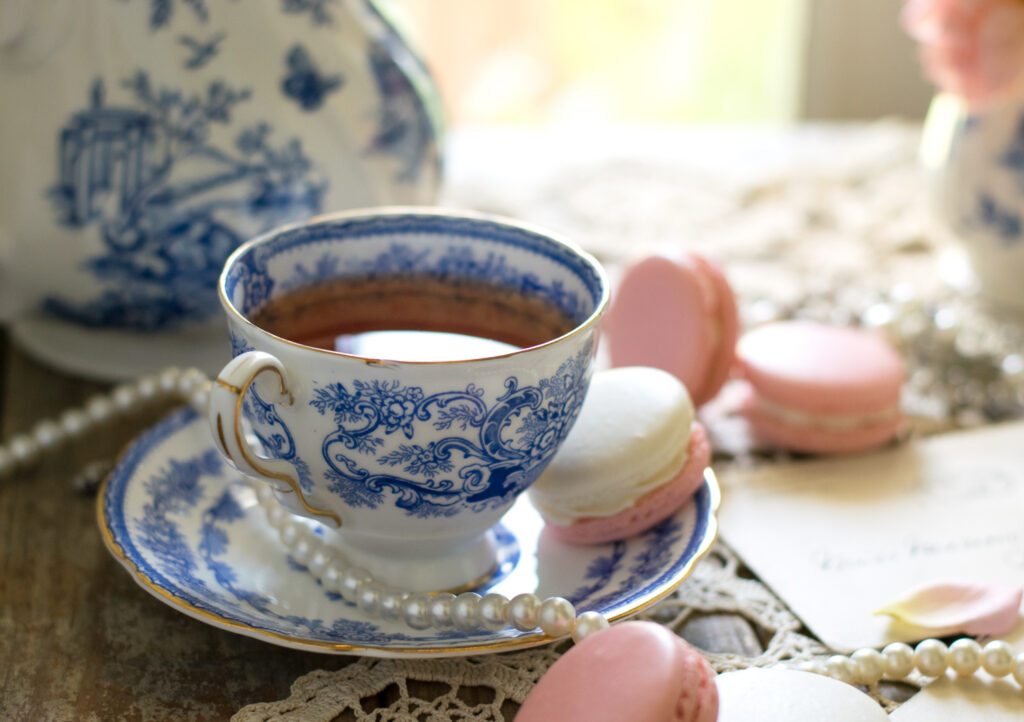
Mid summertime meant green beans and peppers and tomatoes and zucchini and red raspberries. We picked beans all summer long, filling bucket after bucket and sitting on the porch snapping them into bite sized pieces while throwing the ends away. The porch was cool and inviting– a breeze caressed our faces as we sat there enjoying the chill of the concrete underneath us and listening to the clang of the beans as they hit the stainless steel bowls in the middle of our snapping ring. Many evenings we had ham and green beans for supper– a simple dish composed almost entirely of green beans from the garden, just picked that day, maybe a potato or two, and a small piece of ham to flavor the vegetables alongside a piece of bread to sop up the juice. We had that dish many times throughout the summer, when the green bean plants seemed like they were trying to set a world record for production. The rest we canned, the jars lining the basement shelves like emeralds waiting for winter.
Huge stoneware crocks of pickles and sauerkraut soon joined the basement shelves, their contents sunken beneath the brine with a plate held down by a brick to keep them from rising up before the contents were cured. We canned sweet pickles, stuffing the jars as full as we could with young cucumber slices so that they would be shatteringly crisp when finished, pouring the spicy pickle brine over the top.
Toward the end of the summer it became a frenzy to preserve everything before the first frost killed the plants. Tomatoes by the 5 gallon bucket were gathered every day. We boiled them and ran them through a food mill to remove the skins and seeds. My mother canned tomato juice, tomato sauce, tomato soup. The spaghetti sauce bubbled away on the stove with a small sachet of fresh herbs to kiss it with flavor. The red jars started to joined the green. Unripe tomatoes that fell to the ground or that we gathered before frost were spread out on newspapers all over the countertops to ripen.
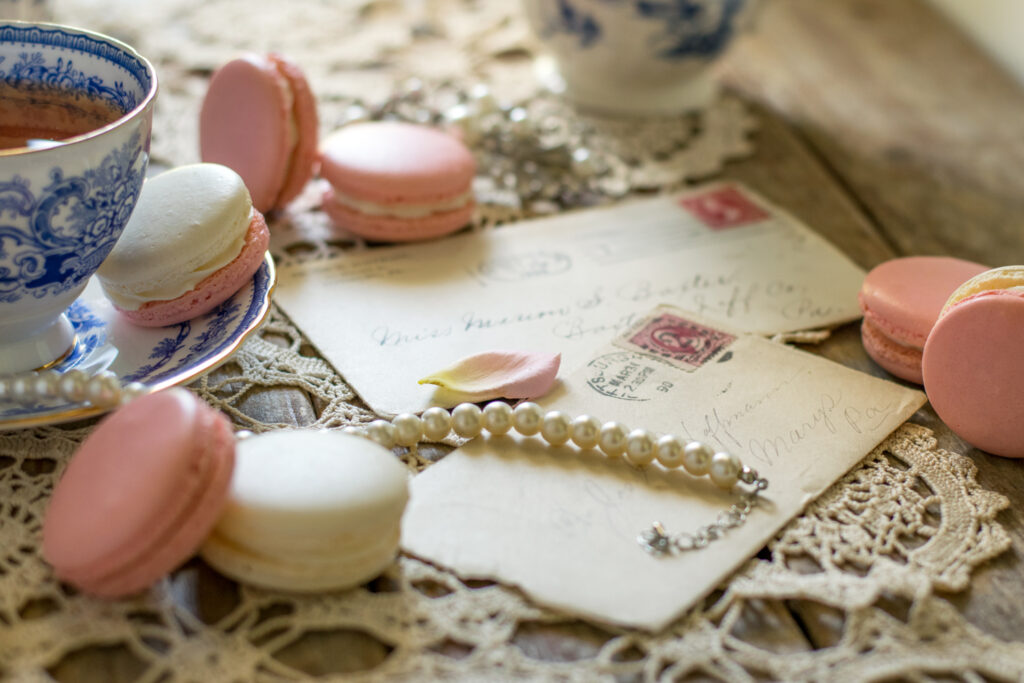
Peaches– your arms itched from how many you picked, stacked, peeled. We made peach jam and peach cobbler and canned peaches of all kinds. We boiled sugar syrup, filling the sterilized jars with peach halves and then pouring the syrup to the top through an old aluminum funnel. My mother wiped the mouth of the jar and then placed a sterilized lid and ring on top. Then it was into the boiling water bath. Steam poured from the big, black pots like the belching mouths of dragons. When the time was up we used the canning tongs to grab the steaming jars and place them on a towel-lined section of the counter. We covered them with more towels– tucking them into bed like children. If we did a good job, in about 45 minutes we would hear the gunshot sounds of the jars sealing . . . POP! POP! POP!!!! The ones that didn’t seal were duds, and we had to eat them right away and store them in the refrigerator so that they didn’t go bad.
Apple season was next– an absolute, late summer frenzy. We canned applesauce and made apple pies for the freezer. We made apple slab pie and apple cobbler and apple crisp. We made baked apples stuffed with raisins and apple hand pies. We made apple cider and apple butter, stirred outside over an open fire with a huge stirring stick that looked like the paddle of a boat. Everyone got together for these workdays. Both the labor and the rewards were shared. When the Northern Spy apples were in, I knew that summer was almost over. The Northern Spy is a big, gnarled, old fashioned apple tree. It seems to glare at you over its crown like an old man. It hobbles into productivity later than the other trees, but it is tougher than the others, too– it can stand colder temperatures, and the apples are almost unbelievably crisp and juicy and tart. The Northern Spies were the last, grumbling residents to join the root cellar each year. They would lie comfortably in the cool basement on newspapers spread beside the potato bin, where we would visit them all winter long to bite into their unbelievable crispness that just seemed to get sweeter as the winter went on. By the time the last few Spies were getting soft and dimpled in the basement, it was almost time to start the cycle over again.
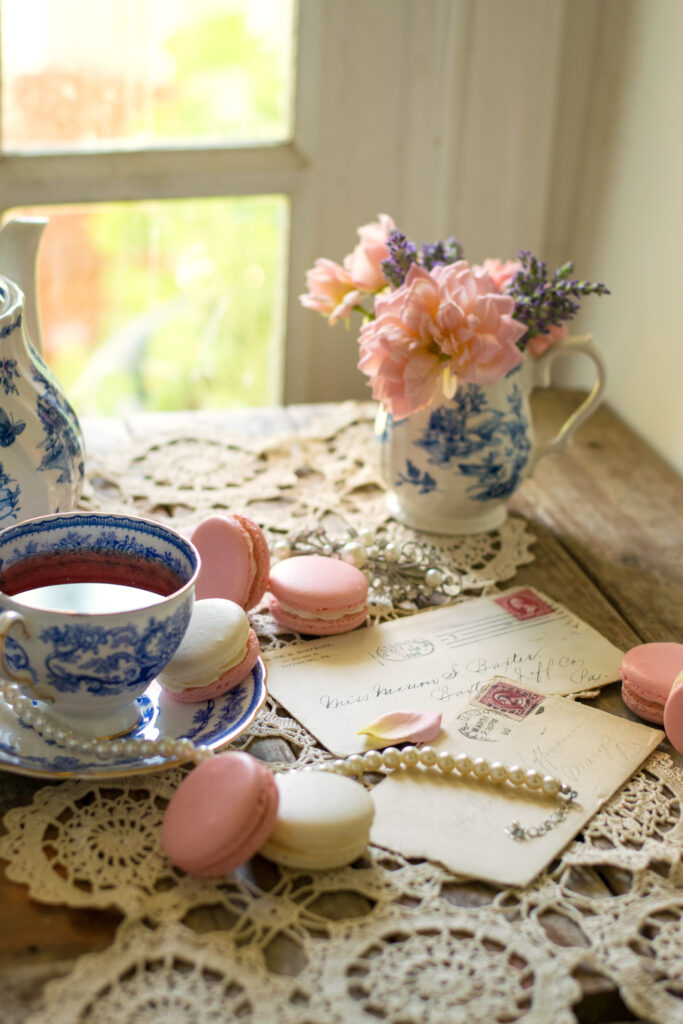
Many hands were required to get all these chores done. There was a quiet thankfulness each time we sat down to a meal when the snow was falling thick and fast outside the windows, passing dishes steaming with spaghetti made from our summer canned tomatoes, or breakfast toast spread with ruby red strawberry jam put up during the heat of summer. The taste was like sunshine– held perfectly in place from that first moment we made it, to smile on us during the coldest days of winter.
Hands helped set the table, passed the food. Hands joined together, clasped in prayer. Hands gathered the dishes– washing and drying and putting them away. Hands folded clothes and sewed on buttons. Hands plowed fields and gathered in the harvest. Hands always busy. Always helping. The hands did the speaking, and the heart understood.
You did it. And I’m just so proud of you.

Disclosure: This post may contain affiliate links, which just means that we get a few pennies if you purchase through our link. I never recommend products that I don't personally use and love. Thanks!
